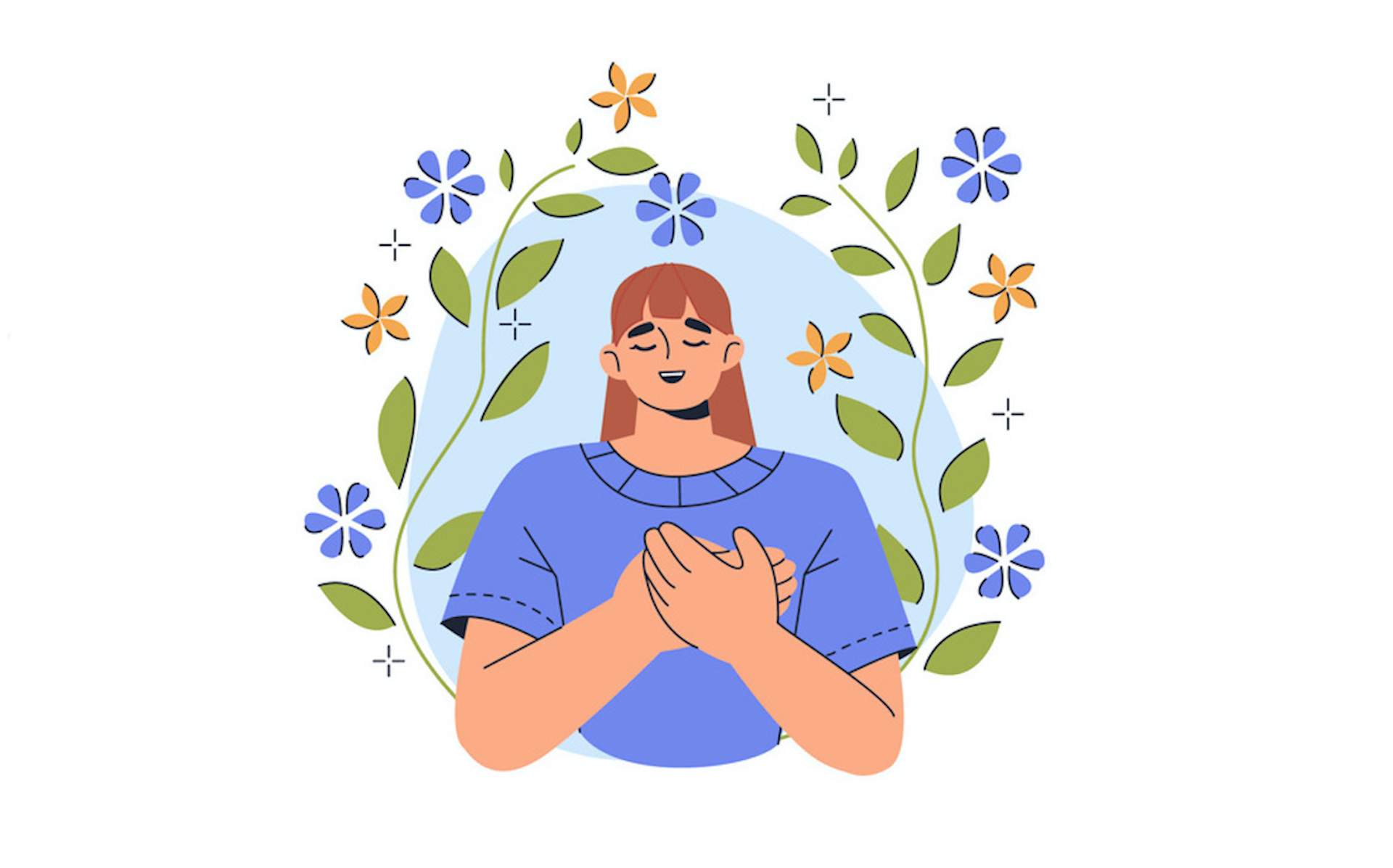The puzzle of “skillful” and “unskillful” as moral phrases


One of many issues that struck me as odd once I first encountered the Buddha’s teachings was the phrases he used when he mentioned dwelling ethically or morally: “skillful” (kusala) and “unskillful” (akusala).
Perhaps these phrases are new to you. Or possibly they’re so acquainted that you just’ve stopped fascinated with them. Both method, they’re an uncommon strategy to discuss morality.
The most typical phrases for describing moral actions are good and unhealthy, proper and mistaken, and good and evil. These are the phrases most of us grew up listening to.
It’s not that the Buddha by no means used that sort language. Significantly when he was composing poetry, or when he was chatting with uneducated folks, he’d use the phrase puñña, which implies advantage or “good,” and pāpa, which implies unhealthy or evil.
See additionally
However when he was speaking technically, to severe Dharma practitioners — monks, nuns, and people house owners who have been devoted disciples — he used these phrases “skillful” and “unskillful.”
Nobody can know for certain why Buddha selected these phrases, however what may he have had in thoughts?
What’s Talent?
So let’s take into consideration what ability is. What does it imply to do one thing in a talented method?
My understanding is that in case you have ability you’re in a position to obtain one thing difficult that you just got down to do. That’s the definition of being expert.
So a talented carpenter has the thought they’re going to make, say, a phenomenal espresso desk. And lo and behold, a phenomenal espresso desk seems. They’ve the ability to have the ability to create it. A talented potter, desires to make a selected form of pot. And since they’ve achieved a variety of apply, as a result of they know what they’re doing, they’re in a position to make that form of pot. They’ve the ability to perform what they got down to do. An individual who lacks ability can not try this. In order that’s what it means to be expert, or unskilled.
Skillful and Unskillful As Moral Phrases
Now, the Buddha used these phrases, expert and unskilled, in an moral sense.
What does it imply to have ability in an moral sense? Nicely, ethics is part of apply. The Buddha talked about “the threefold coaching” which comprised ethics, meditation, and knowledge. These are three issues we prepare in. Coaching itself is about growing ability, so there’s a constant theme right here.
What are we coaching for after we do religious apply? What’s the level of apply? The purpose of apply is to have higher lives, and to assist different folks to have that have as properly. It’s to liberate ourselves from struggling. It’s to grow to be happier, extra content material, extra fulfilled, and to have extra of a way of that means in our lives.
Ethics Is Not About Being Good
It would sound deeply contradictory to say that ethics just isn’t about being good, however I believe that’s a religion declare to make about ethics in Buddhism. The Buddha didn’t inform us to desert greed, hatred, and delusion as a result of they’re evil, however as a result of they trigger struggling. He stated that in the event that they didn’t trigger struggling, then he wouldn’t inform us to desert them:
If giving up the unskillful led to hurt and struggling, I might not say: ‘Surrender the unskillful.’ However giving up the unskillful results in welfare and happiness, so I say: ‘Surrender the unskillful.’ (AN 2.19)
Skillful and Unskillful Qualities and Actions
Simply as a carpenter exhibits ability after they intend to create a phenomenal piece of furnishings and are profitable, so we’re ethically skillful when we’ve the goal of dwelling in ways in which free us from struggling and that assist others be free from struggling, and are profitable in conducting that goal.
We’re unskillful after we goal to be free from struggling however find yourself creating ache and confusion.
The ideas, phrases, and actions that free us from struggling are skillful. People who do the other are unskillful.
When the Buddha talked about ethics he identified that there have been two developments within the thoughts. (See MN 19) The thoughts can act based mostly on egocentric craving, hatred, or a lack of know-how. And people issues will result in struggling. He referred to as these “unskillful.”
The opposite pattern is that the thoughts acts with mindfulness and reveals qualities comparable to endurance, braveness, kindness, empathy, compassion, appreciation, and so forth. These are issues that free us from struggling and convey peace and happiness. He referred to as these moral qualities “skillful.”
So we’re appearing skillfully after we’re exercising skillful qualities — that’s, qualities that assist us transfer nearer to the aim of releasing ourselves from struggling. We’re appearing unskillfully after we’re within the grip of unskillful states of thoughts that create struggling.
So that is what I believe the Buddha maybe had in thoughts when he was utilizing these phrases — skillful and unskillful — which appear, at first look fairly uncommon.
Why This Issues
It’s an attention-grabbing shift of perspective to consider ethics when it comes to ability. It’s fairly completely different from how we’d have been raised to see issues. We might have been raised to see issues when it comes to good and unhealthy.
We get caught up within the thought of individuals themselves being good and unhealthy. But it surely’s solely actions that may be skillful or unskillful. You may’t discuss an unskillful particular person as a result of no particular person is fully skillful or unskillful.
Numerous folks consider themselves as being good or unhealthy. They wish to current themselves to themselves as being good, which I’ve described elsewhere as a disastrous transfer. And naturally numerous folks grow to be satisfied that they’re unhealthy, or unworthy, and normally they’re sadly mistaken. It’s possible you’ll be a type of folks, otherwise you most likely know a few of them. And your impression of them might be that they’re beautiful folks with many superb qualities. They’re most likely sort and considerate, and also you most likely profit from being with them.
We’re all a mix of skillful and unskillful qualities. Nobody is all one or all the opposite. And religious coaching — or at the least a variety of religious coaching — is about, on the one hand, exercising and strengthening the skillful, and then again recognizing and letting go of the unskillful.
Life Is Observe
And that is for me crucial implication of the Buddha’s language of ethics as a ability. Abilities are to be practiced and refined. Life — our abnormal on a regular basis actions, and even our ideas — is the place we prepare. Our errors — the instances we make ourselves or others undergo — is how we study.
We are able to embody in our lives fixed reflections: did my actions result in struggling? How may I do that in another way sooner or later? Is what I’m doing or saying now resulting in struggling? How can I alter what I’m doing? Is that this factor I intend to do or say or suppose doubtless, based mostly on my previous expertise, to create pointless struggling? How may I act in another way? (See MN 61)
Our lives are classes to be discovered. So long as we continue to learn from our moral errors, these errors are helpful ones, as a result of they create us nearer to our aim of dwelling with peace, pleasure, and that means.



